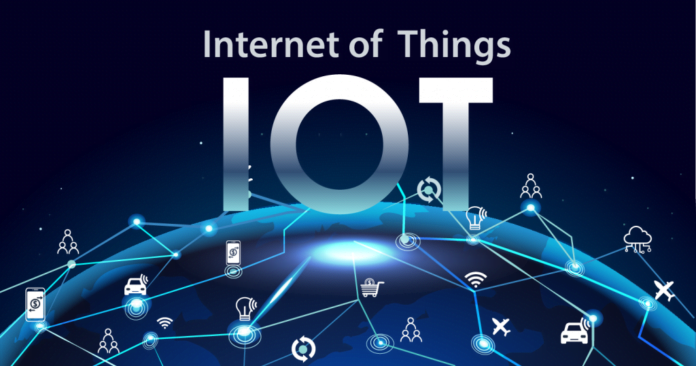The Internet of Things (IoT) is rapidly transforming the way we live, work, and interact with technology. It has the potential to revolutionize nearly every aspect of our lives and create a new era of smart, connected devices. From home automation to industrial control systems, IoT devices are becoming ubiquitous, with an estimated 50 billion devices expected to be connected by 2030.
The future of IoT is both exciting and uncertain, with limitless potential for new applications, but also the potential for major security and privacy issues. This article will explore the future of IoT and its potential impact on society and the world at large.
Growth of smart homes
One of the main trends in the future of IoT is the growth of smart homes. With the increasing popularity of smart home devices like Amazon’s Alexa, Google Home, and Apple’s Siri, it’s easy to see why the IoT is having such a major impact on the home. These devices allow homeowners to control lighting and temperature and even order groceries with voice commands. In the future, we can expect smart homes to become even more sophisticated, with devices that can anticipate our needs, sense when we’re home, and perform a wide range of tasks automatically.
IoT adoption in the industrial sector
The industrial sector is also expected to see significant growth in IoT adoption. IoT devices can be used to monitor and control industrial processes, such as temperature and pressure in manufacturing facilities. By incorporating IoT into industrial processes, companies can improve efficiency, reduce downtime, and optimize production. IoT also has the potential to revolutionize supply chain management, making it easier for businesses to track products from the manufacturer to the consumer.
Benefits of IoT in the healthcare industry
The healthcare industry is another area that is expected to benefit from IoT. Medical devices such as wearable monitors, smart pills, and telemedicine devices are already making a significant impact on patient care. These devices can collect important patient data and send it to healthcare providers, allowing for more personalized care and improved outcomes. In the future, we can expect to see more sophisticated medical devices that can diagnose and treat illnesses, as well as devices that can monitor vital signs in real time.
Growth of smart cities
Another trend in the future of IoT is the growth of smart cities. IoT devices can monitor and control a wide range of city services, from traffic to waste management. By incorporating IoT into city infrastructure, cities can improve efficiency, reduce costs, and create a safer and more sustainable environment for citizens. In the future, we can expect smart cities to become even more interconnected, with devices that can communicate with each other to optimize city services and improve quality of life.
Conclusion
In conclusion, the future of IoT is filled with endless possibilities and the potential to revolutionize the way we live, work, and interact with technology. Whether it’s smart homes, industrial processes, healthcare, or smart cities, IoT has the potential to improve efficiency, reduce costs, and create a more sustainable future. However, it is important to address the challenges of security and standardization.













